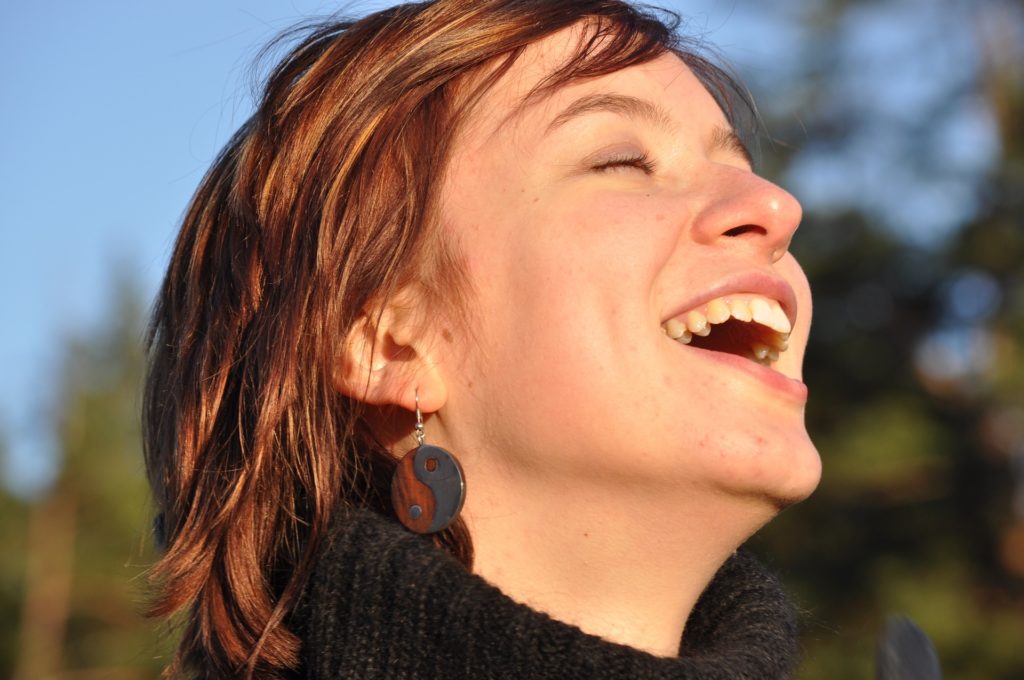
Contributor: Staff at Timberline Knolls Residential Treatment Center
When it comes to substance use disorders, older individuals often go undiagnosed. Although substance use disorders tend to decline in older populations, they are still a growing concern, with nearly 1 million adults age 65 and older living with the condition [1].
Because people are prone to other underlying health conditions in late adulthood, such as mood disorders, lung and heart problems, and memory loss, it can be difficult to detect when symptoms are a result of substance use.
Older adults also metabolize substances more slowly, causing their brains to be more sensitive to substances and their effects. Drug and alcohol use can intensify other underlying health conditions, causing a rapid decline in those who do not receive proper treatment.
Call Timberline Knolls for Help 855-630-2865
Causes of Substance Use Disorders
Some older women started using drugs or alcohol when they were younger and continued into their older years, while others begin struggling with addiction later in life. There are a number of potential triggers that can cause older women to develop a substance use disorder, including:
- Retirement
- Loss of income
- Placement into a nursing home
- The loss of a spouse or family member
- Family conflict
Aside from outside triggers, there are many physical and mental changes that occur as women age that can put them at a greater risk for substance use disorders. Many older adults struggle with mental health decline, chronic pain, and other health conditions and may turn to drugs or alcohol to cope.
Prevalence of Drug and Alcohol Use
Among older women, prescription drug use and alcohol use are especially prevalent.
Chronic health conditions are common with age, and older individuals may be prescribed more medication than any other age group [1].
One study of 3,000 adults between the ages of 57 and 87 found that 80% used at least one prescription medication daily, with nearly half using more than five medications or supplements daily. This puts 1 in 25 at a high risk for drug-to-drug interactions. [1]
Elderly women may also be more likely to be prescribed opioids for chronic pain relief. Between 2013 and 2015, the population of adults over the age of 55 increased by 6%, while the number of people in that age group who were seeking help for opioid use disorder increased by almost 54% [1]. Older patients may not always be properly screened prior to being prescribed opioids, putting them at risk for worsening mental health conditions.
The substance most used by older adults is alcohol, with 65% of those age 65 and older reporting high-risk drinking behavior and 12% of older women reporting drinking in excess on a regular basis [1].
Because they are at risk for other physical and mental health concerns, it is recommended that those age 65 and older only drink one glass of alcohol per day. However, one-tenth of this age group reports binge drinking [2]. For women, this means consuming four or more drinks on one occasion.
Identifying Substance Use Disorders
Identifying drug or alcohol use in older women can be challenging because many of the symptoms of substance use disorders mimic the natural challenges of getting older.
 Some symptoms of substance use in older women include:
Some symptoms of substance use in older women include:
- Memory problems
- Increased irritability
- Depression and mood changes
- Chronic pain without explanation
- A tendency to isolate from others
- Suddenly losing touch with loved ones
- Loss of interest in once enjoyable activities
- Changes in appetite and eating habits
- Changes in sleeping habits
- Unexplained bruising on the body
While some of these symptoms can be present as a natural effect of getting older, drug and alcohol use can worsen them.
Treatment for Substance Use in Older Women
When it comes to treating substance use disorders in older women, there are a number of therapeutic techniques available. Detox is often the first step to treatment, allowing the patient to safely rid their body of addictive substances and get past the withdrawal stage. Once detox is complete, a team of behavioral health experts can determine the level of care that is needed. This might include residential treatment, partial hospitalization, or intensive outpatient treatment.
Substance use disorder treatment approaches for older women follow the 12-Step model developed by Alcoholics Anonymous. This can be in the form of individual therapy, group therapy, AA meetings, and family therapy.
Medication management can also be an important part of treating substance use disorders in older women. Because addictions can develop due to prescription medication for chronic pain, it is important that older women get the medication they need to relieve their pain while avoiding the formation of new substance use disorders.
With proper treatment and aftercare planning, older women can achieve long-term recovery from substance use disorders. If you or a loved one is showing signs of substance use, help is available.
References:
[1] NIDA. (2020, July 9). Substance use in older adults DrugFacts. National Institute on Drug Abuse. https://www.drugabuse.gov/publications/substance-use-in-older-adults-drugfacts on 2021, February 2
[2] Blow, F. C. (2000). Treatment of older women with alcohol problems: meeting the challenge for a special population. Alcoholism, clinical and experimental research, 24(8), 1257–1266.
About Our Contributor:
 At Timberline Knolls Residential Treatment Center, located outside of Chicago, Illinois, we provide specialized care for women and girls who are living with mental health conditions such as substance use disorders and eating disorders. Our private facility offers female-only treatment programs for eating disorders, addiction, and a range of mental health conditions. We work closely with each person to develop treatment goals to maximize strengths while focusing on individual needs. Our treatment team understands that each woman has unique needs and that she must play a role in her journey to wellness.
At Timberline Knolls Residential Treatment Center, located outside of Chicago, Illinois, we provide specialized care for women and girls who are living with mental health conditions such as substance use disorders and eating disorders. Our private facility offers female-only treatment programs for eating disorders, addiction, and a range of mental health conditions. We work closely with each person to develop treatment goals to maximize strengths while focusing on individual needs. Our treatment team understands that each woman has unique needs and that she must play a role in her journey to wellness.
The opinions and views of our guest contributors are shared to provide a broad perspective of addictions. These are not necessarily the views of Addiction Hope, but an effort to offer a discussion of various issues by different concerned individuals.
We at Addiction Hope understand that addictions result from multiple physical, emotional, environmental, and genetic factors. If you or a loved one are suffering from an addiction, please know that there is hope for you, and seek immediate professional help.
Published on March 15, 2021
Reviewed by Jacquelyn Ekern, MS, LPC on March 15, 2021
Published on AddictionHope.com
